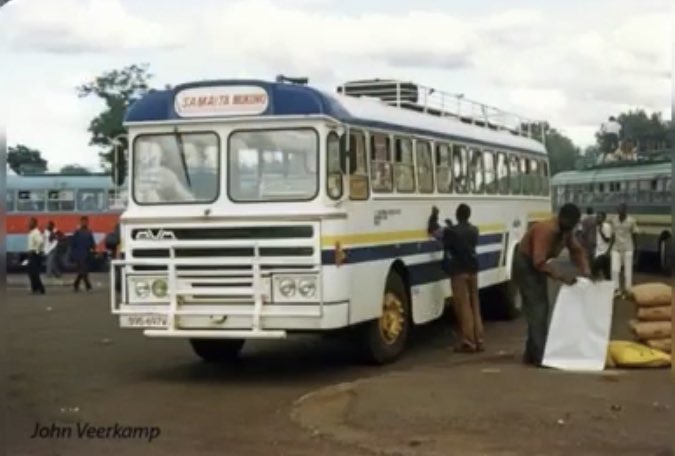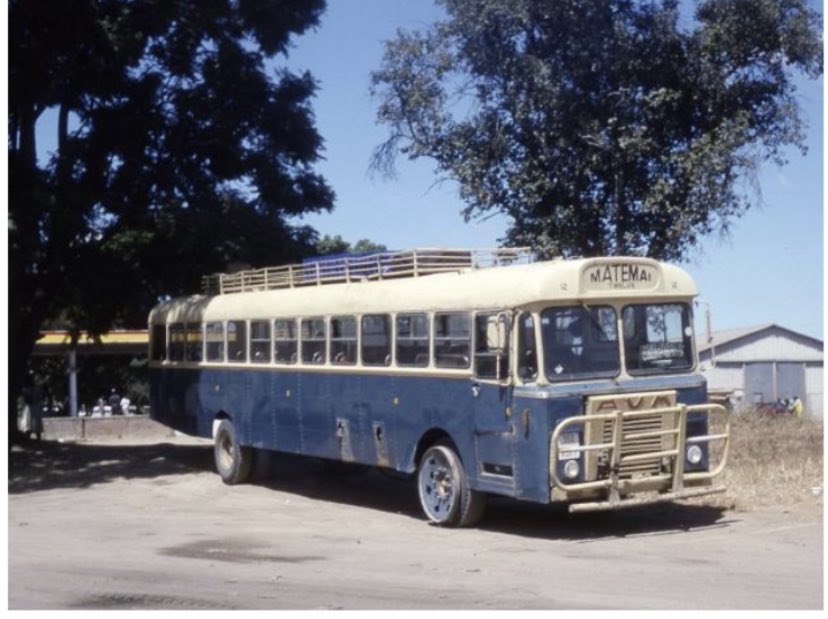
Lobola: Katekwe v Muchabaiwa
1. This thread is in honour of one of the iconic cases in Zimbabwean Family Law, reported in 1984. The father of a woman had sued for seduction damages from the man. The lower courts had ruled in his favour but the man appealed to the Supreme Court
1. This thread is in honour of one of the iconic cases in Zimbabwean Family Law, reported in 1984. The father of a woman had sued for seduction damages from the man. The lower courts had ruled in his favour but the man appealed to the Supreme Court
2. The Supreme Court ruled that the Legal Age of Majority Act, passed in 1982 (LAMA) had liberated black women from their old status as perpetual minors under customary law. A father no longer had a right to claim seduction damages for a daughter who had reached 18 years.
3. It’s probably hard to imagine it now but LAMA & the judgment were pretty revolutionary for black women. Before, a black woman was a minor under the guardianship of her father or husband. She could not enter into any contracts, including marriage without her guardian’s consent.
4. LAMA meant at 18 a black woman acquired full legal capacity & the power to enter into any contract. The SC reasoned that if a woman could now marry without her father’s consent, the father had also lost the right to demand payment of lobola before the marriage.
5. In the past, since the father’s consent was necessary, a woman’s marital fate was entirely in her father’s hands. He could withhold consent until the prospective husband paid lobola. A woman’s body & choice were controlled by the father & afterwards by her husband.
6. In theory, seduction damages were based on the reduction in value of the lobola that the father was entitled to per customary law. However, the SC reasoned, since LAMA had done away with lobola, the basis for seduction damages had also fallen away. A father had lost the right.
7. If the woman wanted to sue for seduction damages from the man, she was entitled to do so in her own right. It was her choice. Chief Justice Dumbutshena made some bold comments regarding lobola which at the time were considered radical & sparked a huge debate.
8. The CJ wrote, “As I see it, what the Legal Age of Majority Act has done with regard to roora is this: The major daughter will say to her father, “Father I want to get married. You have no right to stop me. I do not require your consent because I have majority status.”
9. “... But if you want lobola you are free to negotiate with my prospective husband. If he agrees to pay roora that is a contract, an agreement between you and my prospective husband If he refuses to pay roora, I shall go ahead with my marriage”.
10. The SC decision resulted in a huge hullabaloo in the media, Parliament and society in general. For many men, it was unthinkable that lobola was no longer a legal right. CJ Dumbutshena and the SC had taken a brave step to challenge one of the key institutions of patriarchy.
11. When the then Prime Minister, Robert Mugabe was asked in Parliament to comment on the judgement he said if there were errors in the drafting of the law, they would be corrected. There were many calls to amend LAMA to “rescue” the institution of lobola & save “culture”.
12. During his response Mugabe joked that if his sister were to get married, he would demand lobola and if the man raised the Katekwe judgement in defence, he would say: ”O.K. That is the judgement. Do you want to marry my sister or not?” Probably to much laughter in Parliament.
13. Much has happened since the revolutionary Katekwe judgment. There have been some lows in later Supreme Courts where advances for gender equality have been negated. But Katekwe was quite a phenomenon for its time. That was an era of a rights-conscious Supreme Court.
14. Acknowledgement: I have had the advantage of refreshing my memory of Katekwe & have taken the Liberty to extract relevant quotes from a 1984 article written by my old prof @Welshman_Ncube in the Zimbabwe Law Review.
• • •
Missing some Tweet in this thread? You can try to
force a refresh








